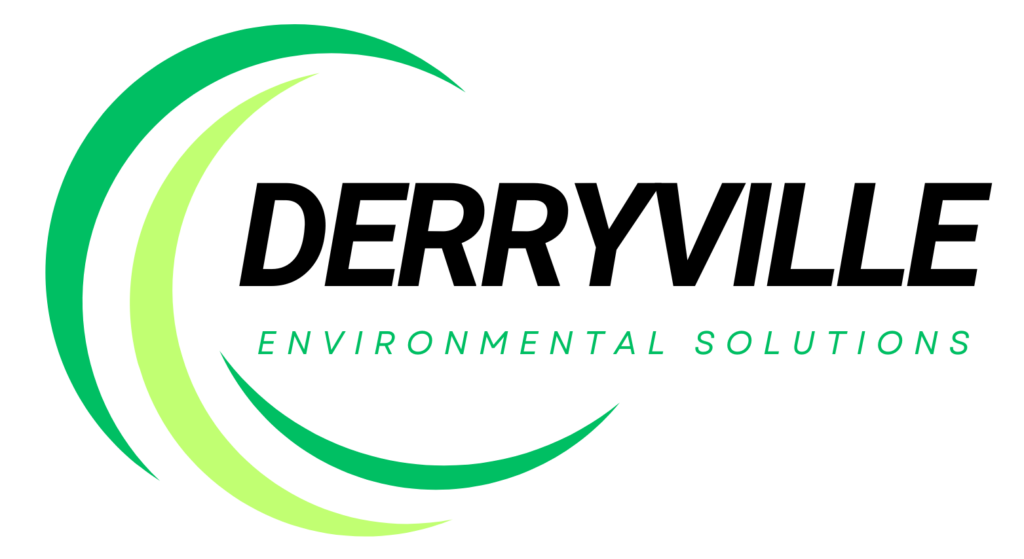Ensuring Effective Waste Management with Advanced Screening Techniques at Derryville Environmental Solutions (D.E.S.)
At D.E.S., screening is a fundamental part of our waste treatment process. It allows us to efficiently separate and classify waste, ensuring that each type is treated appropriately and effectively. Discover how our screening process contributes to sustainable waste management.
What is Screening?
Screening involves using various mechanical processes to separate waste materials based on size, composition, and other characteristics. This step is crucial for optimizing the subsequent stages of waste treatment, including anaerobic digestion and recycling.
Applications of Screened Materials
- Organic Waste: Screened organic waste is sent to anaerobic digestion for biogas production and composting.
- Recyclable Materials: Materials such as plastics, metals, and paper are sent to recycling facilities for processing and repurposing.
- Inert Waste: Inert materials are safely disposed of or used in construction projects as fill material.
Our Screening Process
Initial Collection
Waste is collected from various sources and transported to our facility for initial processing.
Pre-Screening
Large and bulky items are removed from the waste stream to prevent damage to screening equipment and improve efficiency.
Primary Screening
Waste is passed through a series of screens that separate materials based on size. This stage helps segregate organic and inorganic waste.
Secondary Screening
Further screening refines the separation process, ensuring that smaller particles are accurately classified.
Manual Sorting
Trained personnel perform manual sorting to remove any remaining contaminants and ensure the quality of the screened materials.
Final Classification
Screened materials are classified into different categories for specific treatment processes, such as anaerobic digestion, recycling, or safe disposal.
Benefits of Screening
1. Improved Efficiency
Screening enhances the efficiency of waste treatment processes by ensuring that each type of waste is appropriately handled.
2. Resource Recovery
By accurately separating recyclable materials, screening maximizes resource recovery and minimizes landfill waste.
3. Enhanced Safety
Removing large and hazardous items during pre-screening reduces the risk of equipment damage and ensures safer processing.
4. Environmental Protection
Effective screening reduces the environmental impact of waste by enabling better recycling and treatment practices.
Why Choose D.E.S. for Screening?
- Advanced Technology: We utilize cutting-edge screening equipment to ensure precise and efficient waste separation.
- Experienced Team: Our team of experts is skilled in waste management and committed to delivering high-quality services.
- Sustainable Practices: At D.E.S., we prioritize sustainability and environmental protection in all our processes, including screening.

